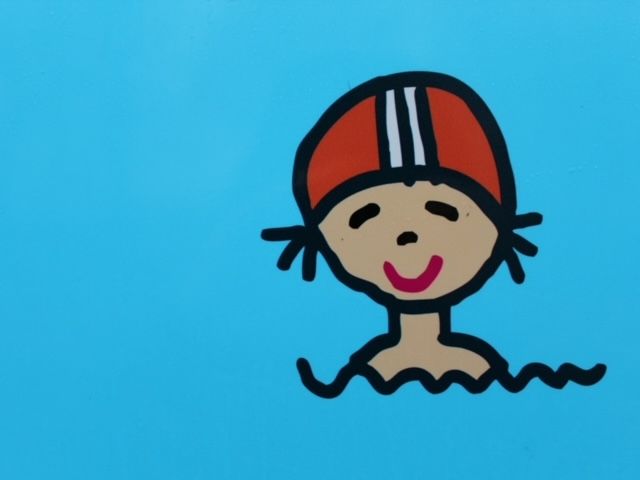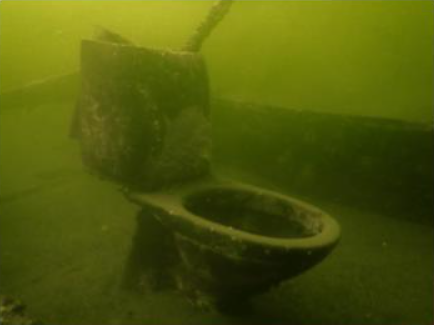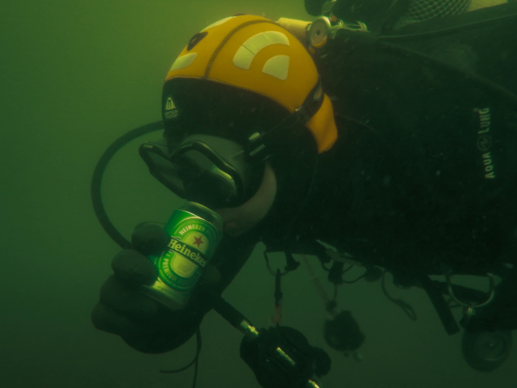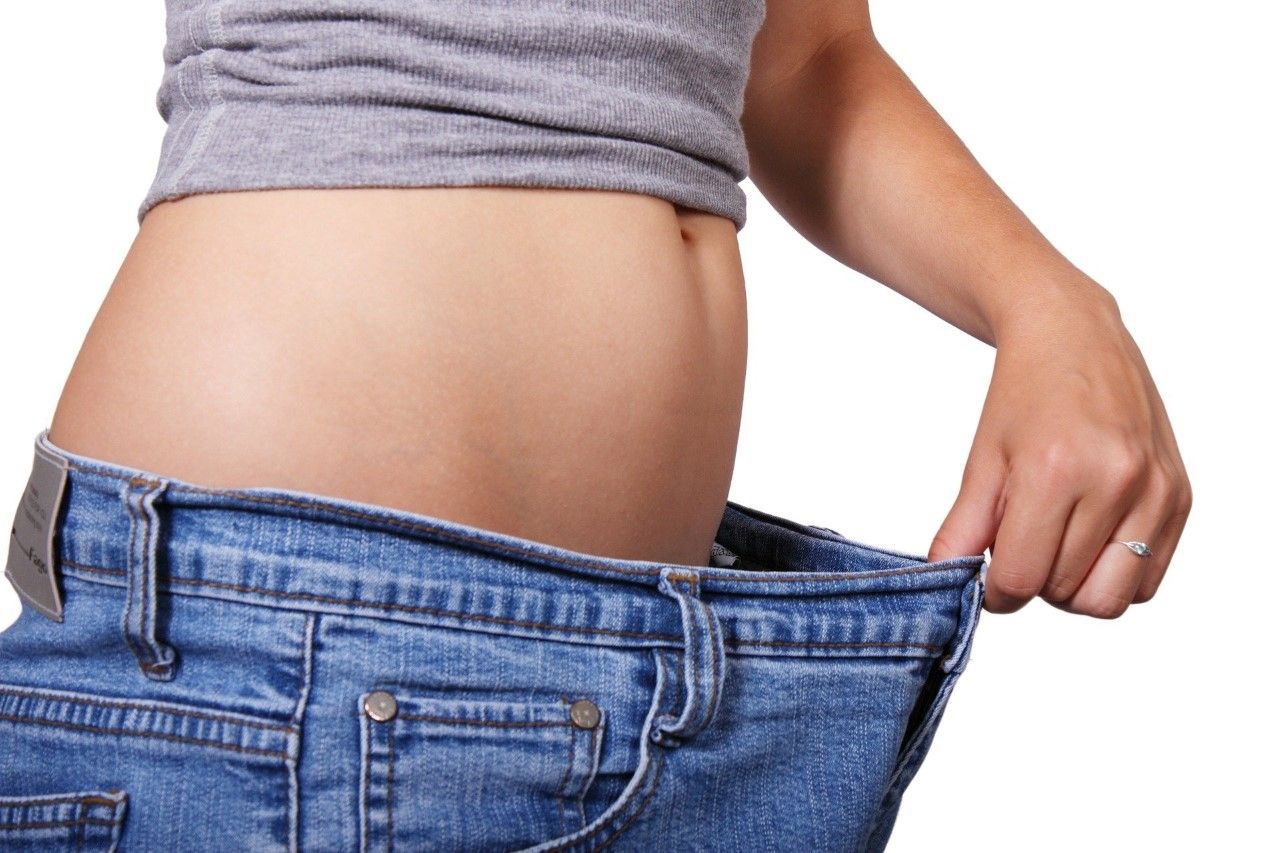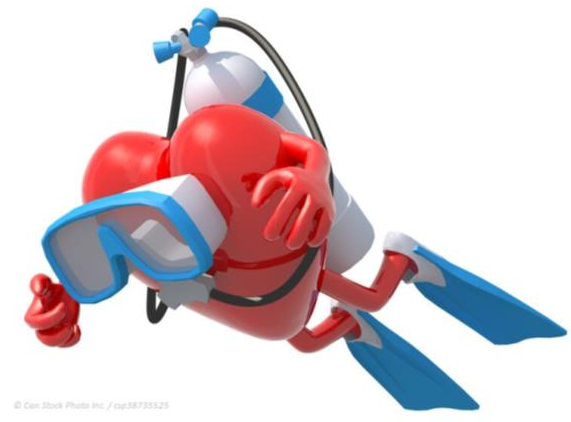(Medical) questions
Every now and then there is a (medical) question that everyone wants an answer to. We will post these below.
Do you have a question? Ask us via the contact form.
Do you have a question? Ask us via the contact form.
Diver's pee
Author: Franka Appelman
Created: 01 January 2021
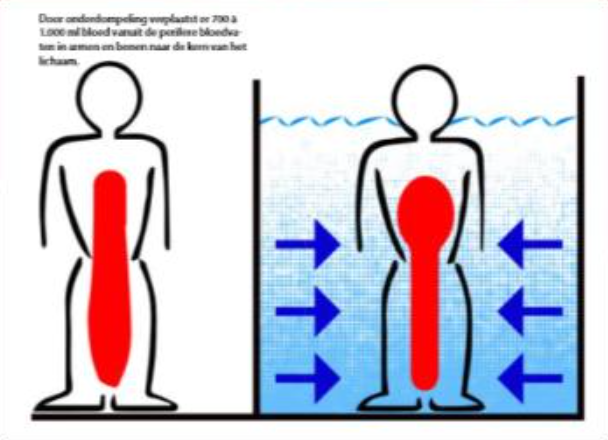 Do you know that: you are diving and then you really need to pee! On my first dives I thought it was because of the tension and stress surrounding diving. Despite the fact that I went to pee before the dive, I still had a great need after the dive. However, I found out that my experienced buddies also had this feeling, so it wouldn't be due to stress and tension.
Do you know that: you are diving and then you really need to pee! On my first dives I thought it was because of the tension and stress surrounding diving. Despite the fact that I went to pee before the dive, I still had a great need after the dive. However, I found out that my experienced buddies also had this feeling, so it wouldn't be due to stress and tension.
While searching the literature and later during my training as a diver doctor, I found out that this diving puddle is a conscious reaction of the body to diving. How?
- By immersion.
The hydrostatic pressure of water puts extra pressure on your body. This already occurs with the first steps into the water, and not just at 10 meters as people sometimes think. - By the diving equipment.
The wetsuit is tight around your body and therefore gives pressure. With dry suit divers, this effect is therefore lessr. - Due to the water temperature.
The water temperature is always lower than body temperature. To prevent cooling, the body closes the vessels in the limbs, so that less blood flows through them and therefore loses less heat. In the tropics (water temperature around 28 degrees) this effect is less than in North European waters (water temperature in winter 3 degrees)). - Horizontal lying position.
Due to the gravity on land, there is relatively more blood in the legs. During diving you have a horizontal lying position, so that the blood is distributed in a different way.
The extra pressure around the body causes a shift of blood from the peripheral (the limbs) to the central (the heart) circulation. There is an increase in central blood volume of about 700ml (for comparison, the adult body has about 5l of blood on average, so there is an increase of about 14%!).
The heart has to process all this larger amount of blood volume, and is not used to this. By stretching the atrium, a hormone (ANP, atrial natriuretic peptide) is secreted, which signals the kidneys to excrete water. This excretion of water results in urine; the diving pee.
BUSINESS INFORMATION
WOSD COURSES


